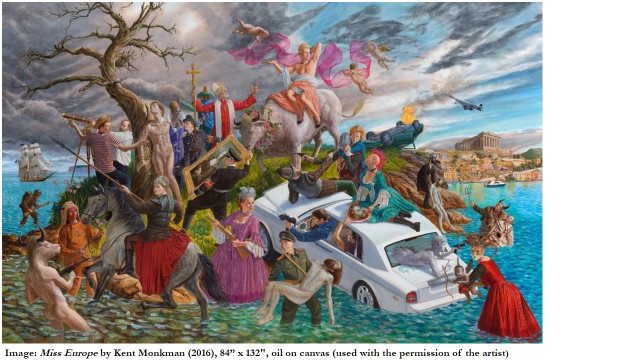Lost and Found in (Self-)Translation: From Colonial to Post-colonial Contexts
DOI:
https://doi.org/10.21992/tc29388Keywords:
Self-translation, translation, lost and found, IndigenousAbstract
The introduction to this special issue discusses (self-)translation processes and products of migrant and colonized Indigenous peoples in translation and cultural studies scholarship, as well as the creation of minor paintings and literature by these peoples in order to affirm the existence of their languages and cultures. It nuances the linguistic, cultural and identitary tribulations to which colonized and migratory peoples are subjected, the double-edged sword of (self-)translation, and the paradoxical gains that can be found by going through its, at times, painful process. Ways in which (self-)translation can be used to empower dominated, often endangered, languages and cultures are also analyzed, before presenting, very briefly, the articles published in the issueDownloads
Downloads
Published
Issue
Section
License
Authors who publish with this journal agree to the following terms: a.Authors retain copyright and grant the journal right of first publication with the work simultaneously licensed under a Creative Commons Attribution License that allows others to share the work with an acknowledgement of the work's authorship and initial publication in this journal. b.Authors are able to enter into separate, additional contractual arrangements for the non-exclusive distribution of the journal's published version of the work (e.g., post it to an institutional repository or publish it in a book), with an acknowledgement of its initial publication in this journal. c.Authors are permitted and encouraged to post their work online (e.g., in institutional repositories or on their website) prior to and during the submission process, as it can lead to productive exchanges, as well as earlier and greater citation of published work (See The Effect of Open Access).



